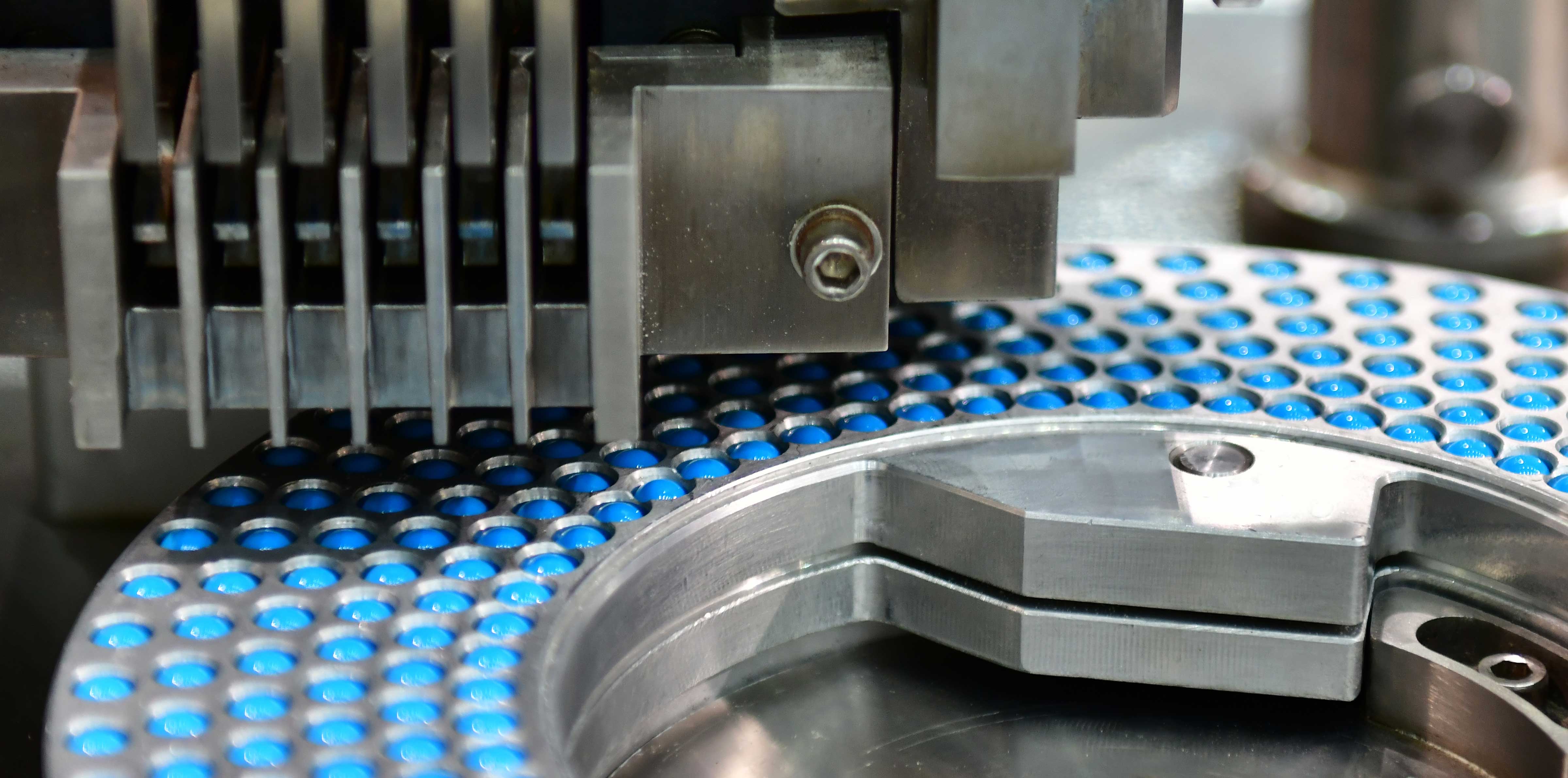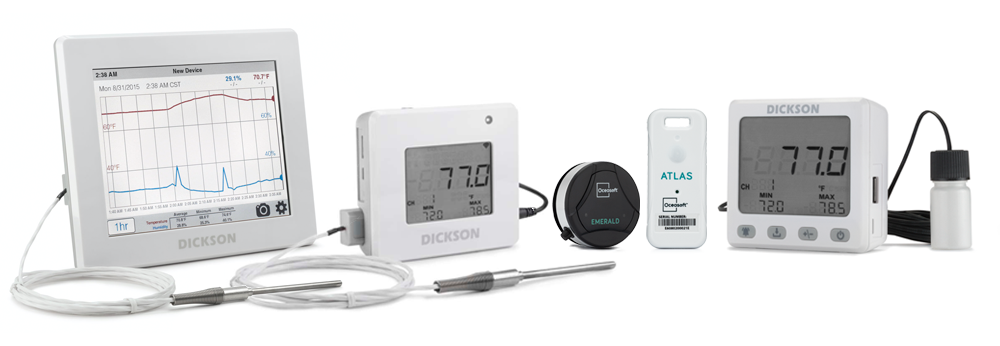There are many industries in which controlling the temperature of spaces like warehouses, freezers, and shipping containers is a critical part of doing business. In these industries, data loggers are commonly used to measure and record temperature.
Read Moredata loggers
A data logger is a small, self-contained unit that measures and records a stream of information. This information can be stored for later retrieval and analysis, or transmitted to a central location in real time. A common use for data loggers is to monitor environmental conditions in areas where...
Read MoreData loggers are a key part of a comprehensive environmental monitoring strategy. Having the most up-to-date digital data loggers can simplify regulatory compliance and help to protect sensitive assets.
Read MoreAt the most basic level, data loggers are stand-alone units that record a stream of information from a sensor, or a set of sensors. The data logger stores this information for later review, analysis, and archiving, and may even trigger alarms if a problem is detected. They are a critical component...
Read MoreThere are essentially two types of devices used today for environmental monitoring and record-keeping: mechanical chart recorders and digital data loggers (DDLs). Chart recorders are, by far, the older technology, dating back about 100 years.
Read More




